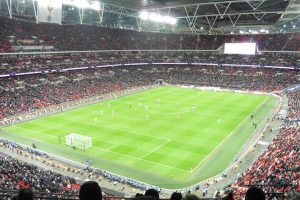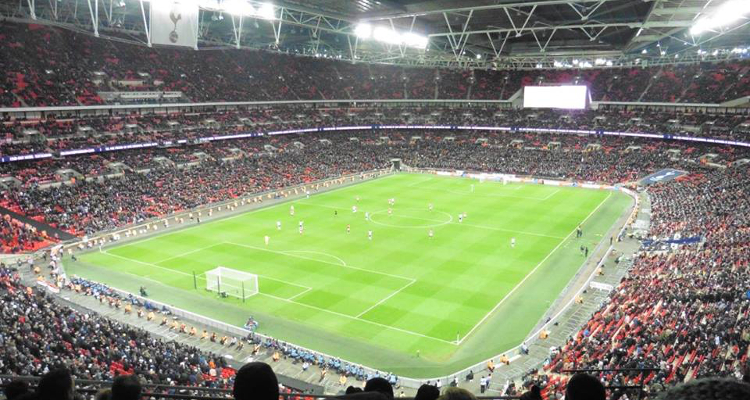As the world anxiously awaits a decision from the United States Supreme Court on the Christie v NCAA federal lawsuit, the official rights holder for professional soccer data in England and Scotland has reportedly joined with American sports leagues to ask that bookmakers be required to use official league statistics should sportsbetting be legalized nationwide.
According to a report from ESPN, Football DataCo Limited was established in 2001 and holds the rights to most of the data emanating from football games in England and Scotland such as goals, fouls, throw-ins, corners and bookings. Should nationwide legalized sportsbetting come to the United States, it has purportedly united with the National Basketball Association (NBA) and Major League Baseball (MLB) to ask that bookmakers be required to utilize official information when calculating wagers and subsequently pay a fee calculated at between 0.25% and 1% of the ultimate stake wagered.
“Broadly, we don’t think what the leagues are asking for is fundamentally wrong if you’re trying to come up with a framework that works for both parties,” Adrian Ford, General Manager of Football DataCo Limited, reportedly told ESPN.
The current prohibition on legalized sportsbetting nationwide in the United States can trace its roots back to the Professional and Amateur Sports Protection Act (PASPA) of 1992, which barred venues from offering wagers unless they were located in the states of Montana, Nevada, Delaware or Oregon. New Jersey had been given the chance to become the fifth member of this rather exclusive club but was un 7BALL able to pass required legislation in time with its former Republican governor, Chris Christie, later initiating the Christie v NCAA legal action in hopes of changing the current state of affairs.
ESPN reported that the United States Supreme Court is expected to rule on the legality of PASPA before adjourning for its summer recess in July although a final decision could come as soon as next week. Should it throw out the 26-year-old piece of legislation, individual states across the nation would purportedly be permitted to offer legalized sportsbetting.
“We would not see why there would be an issue about sports getting a return from betting,” Ford reportedly told ESPN. “We’d echo some of the high-level statements the NBA has made. If someone is making money off us, there’s no reason why we shouldn’t be interested in that and why we shouldn’t have some level of involvement in the commercial return. It’s clearly not what we have [in the United Kingdom].”
ESPN reported that horseracing is the only sport in the United Kingdom that receives a fee directly from sportsbetting operations, which is calculated at 10% of gross win, although British football leagues do have an advantage over their American counterparts in that they hold the intellectual property rights to the data from their competitions.
“When it comes to customers and integrity and really trying to provide the best experience, official data, backed by the leagues, is fact,” Ford reportedly told ESPN. “You need a gold standard.”
However, American sports leagues are reportedly one day hoping to win the intellectual property rights over any data that emanates from their competitions. ESPN explained that this aspiration was given a big boost in 2004 when a court ruled in favor of the PGA Tour and declared live scores derived from its Real-Time Scoring System as proprietary.
“Ultimately, the common goal, and it is easier said than done, must be to have a functioning, regulated and safe betting market that brings all the offshore money onshore for the good of the sport, for the protection of the players and, presumably, for the good of the states that are going to get tax revenues,” Ford reportedly told ESPN.


